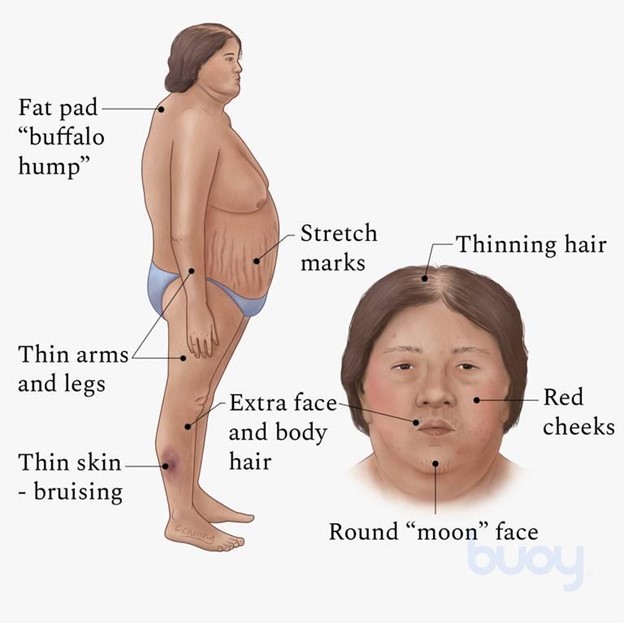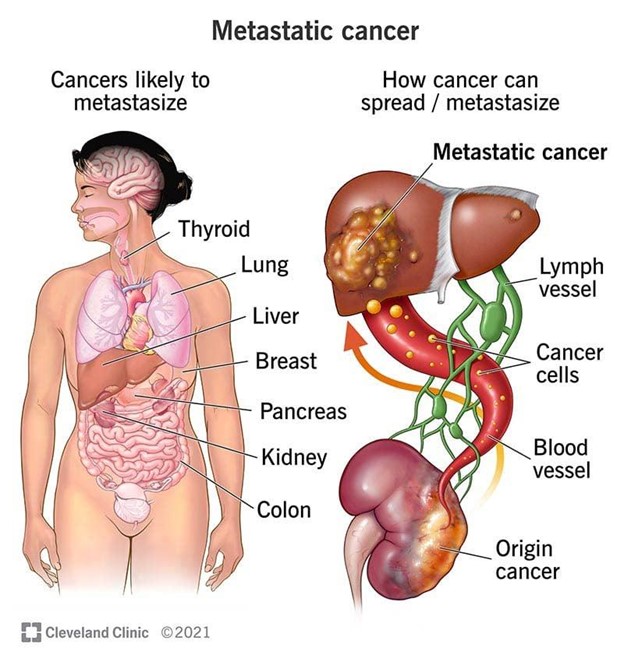A nurse enters the room of a client with type 1 diabetes mellitus and finds the client difficult to arouse. The client's skin is warm and flushed and the pulse and respiratory rate are increased from the client's baseline. The nurse would first take which action?
Assist the RN to prepare an intravenous (IV) insulin infusion.
Give the client 4 oz of orange juice.
Check the client's capillary blood glucose.
Assist the RN to administer 50% dextrose.
The Correct Answer is C
Choice A Reason: Assisting the RN to prepare an IV insulin infusion is not the first action that the nurse should take, as it may not be appropriate for the client's condition without knowing the blood glucose level.
Choice B Reason: Giving the client 4 oz of orange juice is not the first action that the nurse should take, as it may worsen the client's condition if the blood glucose level is high.
Choice C Reason: Checking the client's capillary blood glucose is the first action that the nurse should take, as it helps to determine if the client has hyperglycemia or hypoglycemia and guides the appropriate intervention.
Choice D Reason: Assisting the RN to administer 50% dextrose is not the first action that the nurse should take, as it may be harmful for the client if the blood glucose level is high.

Nursing Test Bank
Naxlex Comprehensive Predictor Exams
Related Questions
Correct Answer is D
Explanation
Choice A Reason: N0 does not indicate presence of regional lymph node involvement, but absence of it. N1 to N3 indicate increasing degrees of regional lymph node involvement.
Choice B Reason: TIS does not indicate that a tumor has been resolved, but that it is in situ, meaning that it is confined to the original site and has not invaded deeper tissues.
Choice C Reason: T4 does not indicate a tumor at its smallest size, but at its largest size. T1 to T4 indicate increasing sizes or extents of the primary tumor.
Choice D Reason: M1 indicates tumor metastasis to a single site, meaning that the cancer has spread to another organ or distant lymph node. M0 indicates no distant metastasis.

Correct Answer is A
Explanation
Choice A Reason: Contacting the health care provider is the first nursing action that the nurse should perform, as it indicates that the client may have compartment syndrome, which is a medical emergency that requires immediate intervention to prevent tissue necrosis and nerve damage.
Choice B Reason: Administering PRN pain medication is not the first nursing action that the nurse should perform, as it may not relieve the pain and may mask the symptoms of compartment syndrome.
Choice C Reason: Documenting the findings is not the first nursing action that the nurse should perform, as it may delay the treatment and worsen the outcome of compartment syndrome.
Choice D Reason: Elevating the extremity is not the first nursing action that the nurse should perform, as it may decrease blood flow and increase tissue ischemia in compartment syndrome.
Whether you are a student looking to ace your exams or a practicing nurse seeking to enhance your expertise , our nursing education contents will empower you with the confidence and competence to make a difference in the lives of patients and become a respected leader in the healthcare field.
Visit Naxlex, invest in your future and unlock endless possibilities with our unparalleled nursing education contents today
Report Wrong Answer on the Current Question
Do you disagree with the answer? If yes, what is your expected answer? Explain.
Kindly be descriptive with the issue you are facing.
